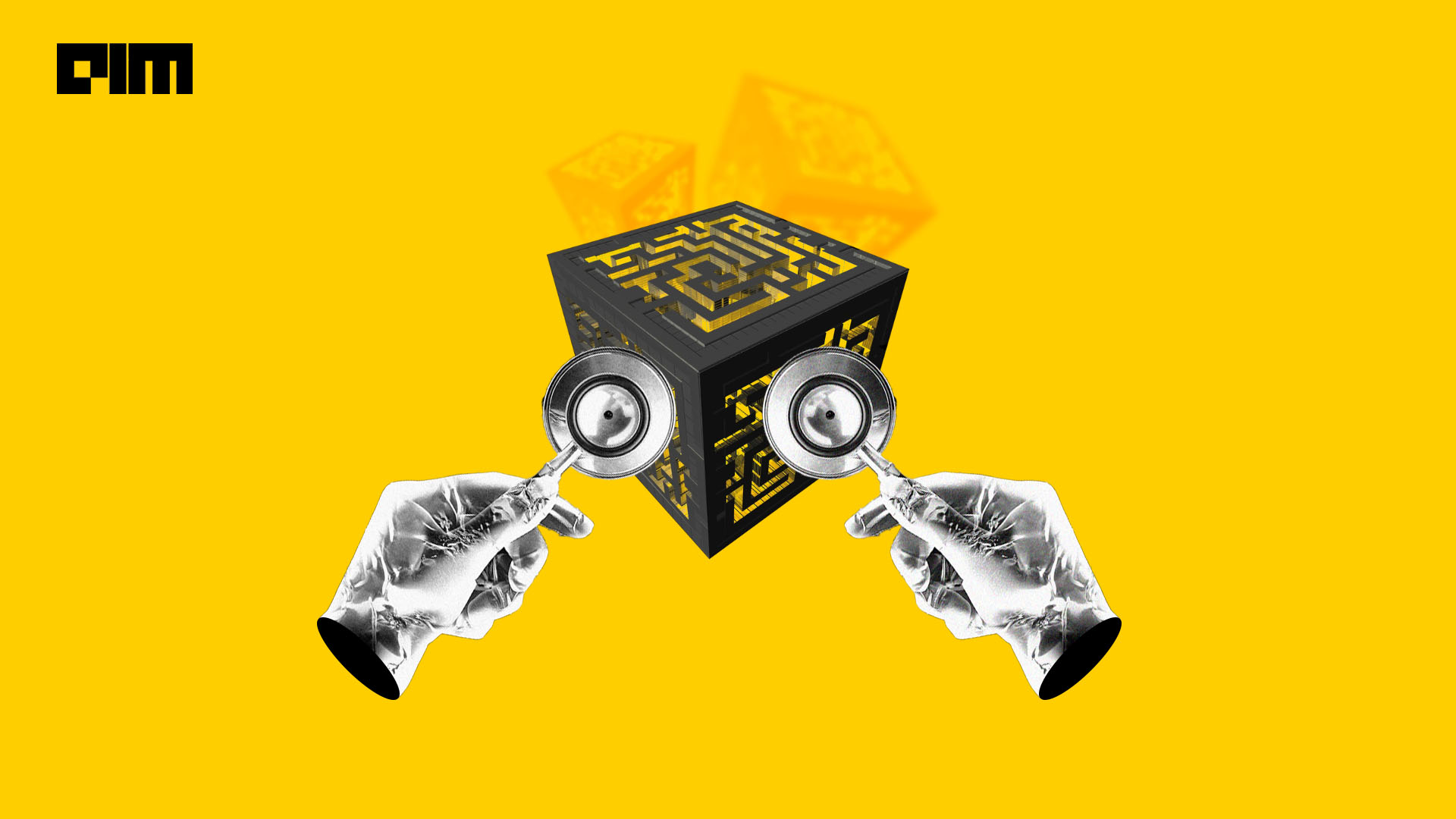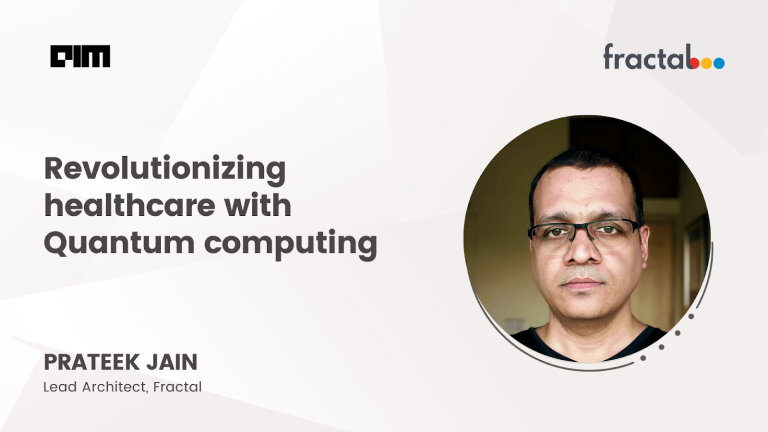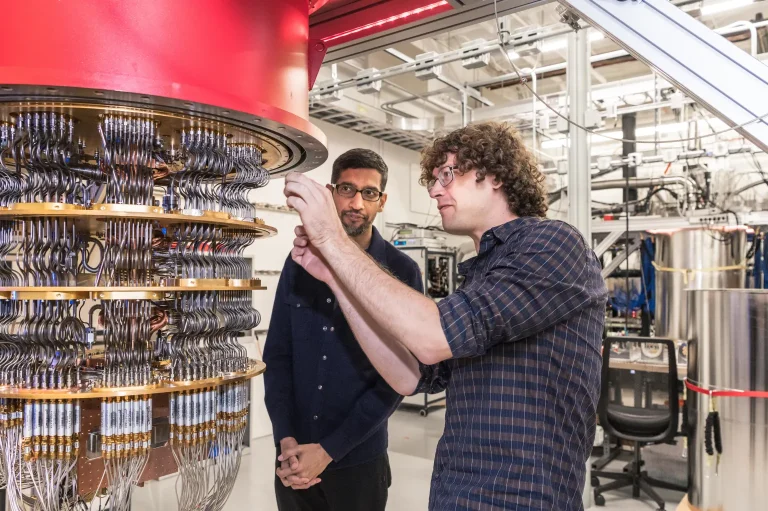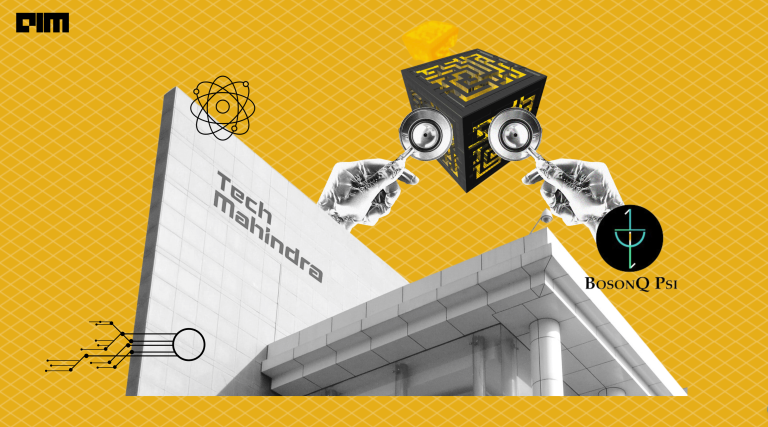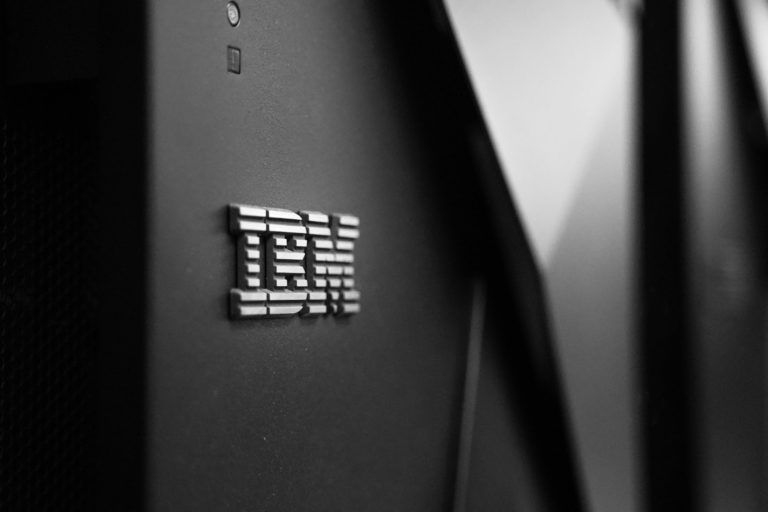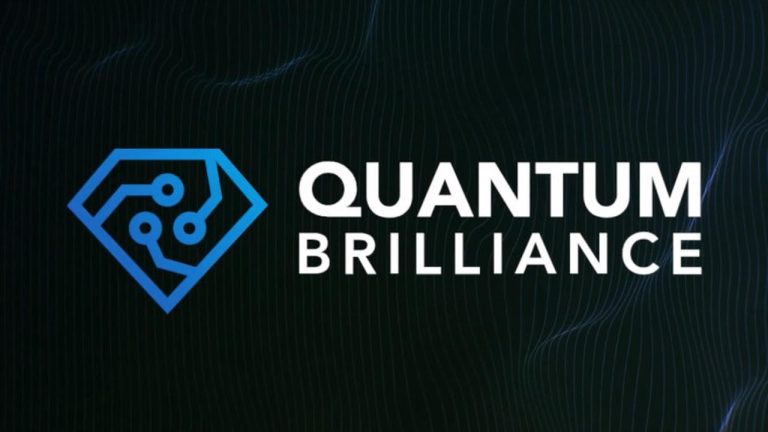|
Listen to this story
|
Only a few months ago, IBM unveiled the new 433 qubit computer and is on the road to developing a 1,000 qubit machine this year, followed by a 4,000 qubit one next year. Seems like quantum disruption is just around the corner. But, when companies take their quantum-based products to industry leaders, the resounding response is, “Oh, it’s still in R&D”.
Quantum companies are actively seeking ways to bring quantum technology to the market to narrow the gap between research and industry. One among them is BosonQ Psi, a Bengaluru-based quantum software startup, that recently joined the IBM Quantum Network to be able to utilise IBM’s quantum machines as well as use their network to get more customers on board.
“BQP (BosonQ Psi) is using simulators right now. But, as the 433-qubit system becomes more accessible, you will start to see things you can do on the 433, which you’ll never be able to do on the classical,” said IBM’s L Venkata Subramaniam. “Maybe not the whole simulation aspect that BosonQ Psi is trying to do, but point aspects that will definitely gain an advantage on these systems.”
Path towards commercialisation
BosonQ Psi is taking two approaches to the commercialisation challenge. The first is the quantum-inspired approach, which involves utilising HPCs such as CPUs and GPUs to emulate the behaviour of a quantum environment, which can provide near-term benefits and give an industrial advantage. This approach will see small incremental speedups of around 1.5 to 2 times.
The second approach is to use a hybrid environment, where HPC is used in some aspects of the problem, and quantum machines in the other – by carefully selecting where quantum will actually play a role. At this stage, the potential speedup and industrial advantage could be huge, potentially on the order of 10x or even 100x.
So say, you use classical systems for being very good at fast multiplication, but you also wish to be able to factorise large numbers as well. A quick fix would be to simply integrate a quantum system in the middle, much like a missing piece in a jigsaw puzzle.
Now, you’d ask why not have a full quantum system which can do both multiplication and factorisation. The reason is multiplication is very difficult to do in quantum processors, since one-to-one mapping between classical and quantum is not possible. To make multiplication possible in quantum, algorithms have to be developed for it from scratch. This is different from when systems moved from CPU to GPU where the only thing that changed was the database, and not the algorithm itself.
Similarly, such a quick fix can be applied to a complete industry workflow where there are many such specific processes in between where quantum can make a massive difference, instead of having the whole workflow run on it.
“At the end of the day, the industry really cares about three things: Am I getting faster? Is it giving me better accuracy? Is it cheaper compared to what I am doing right now?” said Rut Lineswala, founder and CTO at BosonQ Psi.
Lineswala was quick to assert that they have been able to provide the above three with the quantum-inspired approach, but was fairly cautious to say the same for the hybrid approach, which they anticipate to get to production in 12 to 18 months. While his team is already seeing the essence of the first two in the research, the cost is something he couldn’t speak about much.
Gaining quantum advantage
Eying commercialisation as the primary focus right now, BosonQ Psi is looking to get the product into engineering hands, which could seamlessly integrate it into their design workflows. In discussing where exactly it will be able to achieve a quantum advantage, Lineswala gave the example of crash analysis in the automotive industry. “If the car crashes into another vehicle or car, how can the entire structure deform or change shape so that passengers in the vehicle are minimally injured?”
Here, instead of developing hundreds of different designs and physically experimenting with them, quantum helps perform digital simulations based on physics equations. This is the essence of where quantum simulations can provide a significant advantage even in areas such as aerospace and manufacturing.
All mathematical laws in essence are a simulation because they govern the behaviour of physical reality. Not to say that these can’t be done in classical systems, only that it takes a lot of time to quantify it to get through several iterations until they get the design right. So, what takes days and months to achieve, is now possible in a few hours.
“Of course in the long-term quantum can provide exponential value, but in the near term, are we able to create a roadmap of how much advantage we can give to our B2B customers year-on-year? That’s what we are looking at,” he added.
This is perhaps why quantum is always only half the story.


